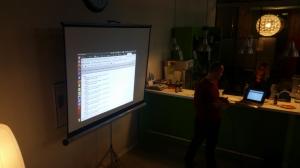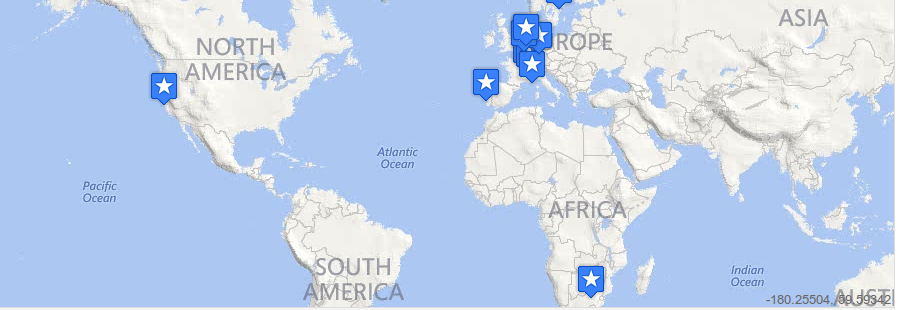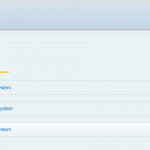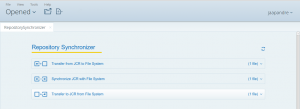One of the big advantages of IATI activity data is that it is possible to find information about a specific organisation. Questions like:
- In which countries or sectors is an organisation active?
- What roles does an organisation have?
- How many activities is an organisation involved in?
- What kind of activities is an organisation involved in?
- With which organisation is a organisation working?
The problem
To merge information from different publishers you can use the organisation name, but that is (to put it midly) risky. Organisations could be know with different name or spelling (“World Bank” and “The World Bank” are two different names, but I guess they are the same organisation; while two activities with “Freedom Forum” could be with two different organisations). Therefore the attribute “ref” is available in the IATI standard, containing the IATI organisation identifier. This precise format of this identifier is described here.
To be usefull this identifier must be available and correct. To test this we have harvest every organisation name with its refs from all published IATI files.
Results
- In total we find 17987 different organisations.
- We have 13224 organisation with an organisation identifier (sounds not bad) and 4763 organisations without this identifier.
- However we have only 994 organisations with a valid organisation identifier (of which 677 identifiers are unique (so we have different organisation names with the same identifier))
- And we have 16993 (94,5%) organisations without a valid organisation identifier (of which 15867 organisation names are unique)
The solution
We are developing a service to verify and find suggestions for the organisation identifiers. We hope to have this available in January 2015
Technical background:
- An organisation is unique based on organisation name and organisation identifier. So if, say organisation “world bank” is used at one activity with a correct identifier and at another activity without identifier it are two different organisations.
- The iati files as were known on 15 December 2014 were used for the results
- We only checked if the organisation identifier was well-formed. We did not check if the ‘base identifier’ was correct. Valid if:
- On codelist with organisation names of version 1.04
- or of the format registryCode_someIdentifier








